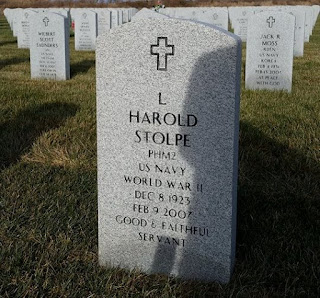Pondering
Biblical juxtaposition #1
Thanks
to Pastor Christie Melby-Gibbons’ sermon in worship with Spirit of Peace
Lutheran Church last Sunday, I have been pondering the juxtaposition of Jesus’
denouncing the Scribes in Mark 12:38-40 with Jesus’ observation about the widow
who gave everything she had to live on in Mark 12:41-44. This was certainly
intentional when Mark wrote the Gospel and probably by Jesus. Jesus accused the
Scribes of devouring widows’ houses (v. 40) and then went on to point out a
widow living in abject poverty. Pastor Christie told me after the service that
one commentary she read speculated that this widow may well have died of
malnutrition and exposure within days of giving her offering.
This
juxtaposition suggests to me that the very system of offerings to the treasury
was the means by which the Scribes devoured widows’ houses. One purpose of the
treasury was to support and assist the poor, but as is common today as well, “overhead”
and “operating expenses” and “staff salaries” gobbled up most of what was
received. Though Jesus made no comment on the widow’s motives, I would agree
with those who suggest generosity and compassion motivated her, and the means by
which she had been taught to express that was through the Temple treasury, from
which she should have been receiving assistance to sustain her life.
All
my professional life I have been acutely aware that from my earliest days in
para-church Christian education curriculum development through my years of
pastoral ministry, my family and I have been supported by the generosity of God’s
people. While certainly not perfectly, my intention has always been to respect
that in the totality of our stewardship.
Yet,
this juxtaposition is a cautionary message, recognizing that the very system
that has sustained us for half a century is susceptible to abusing the
generosity of people of very limited means. Living in a glass house, as I have
all my adult life, I don’t want to be throwing stones at those I don’t know
well. Nevertheless, I can’t help but think this juxtaposition is also a strong
cautionary word to TV evangelists and mega-church pastors. When ministries grow
very large, the maintenance costs grow exponentially. The appeals to give
sacrificially tug at the heart strings of many who find encouragement in their
association with those ministries, and they give out of their poverty in ways
that debilitate their own functioning, which supports unimaginably lavish
lifestyles for the leaders of those organizations.
Biblical
Juxtaposition #2
Not
nearly of the same import, but a bit fascinating nonetheless. For all my years
of praying through the Psalms, I think today was the first time I noticed that
Leviathan shows up in two of today’s Psalms.
74.14:
“You crushed the heads of Leviathan; you gave him as food for the
creatures of the wilderness.”
104.26:
“There go the ships, and Leviathan that you formed to sport in it.”
Leviathan
also shows up in Job 3:8; 41:1 and Isaiah 27:1, but only in these two Psalms.
Leviathan was apparently a seven headed sea monster feared in Canaanite
mythology and associated by the Hebrews with evil threats to them and to God.
So by saying the God had crushed the heads of Leviathan and given its flesh as
food to the creatures of the wilderness, it suggests that Leviathan is not
supernatural but a creature, over which God’s power is supreme. In Psalm 74
this seems to affirm God’s sovereign power over the gods of Israel’s pagan
neighbors and over the evil personified in Leviathan. In Psalm 104, however, Leviathan (multiple
heads not mentioned) is an example of the glory and even joy of God’s creation.
Leviathan sports and plays in the sea with the ships, not as a threat but as an
object of wonder at the scope and diversity of life in the sea.


